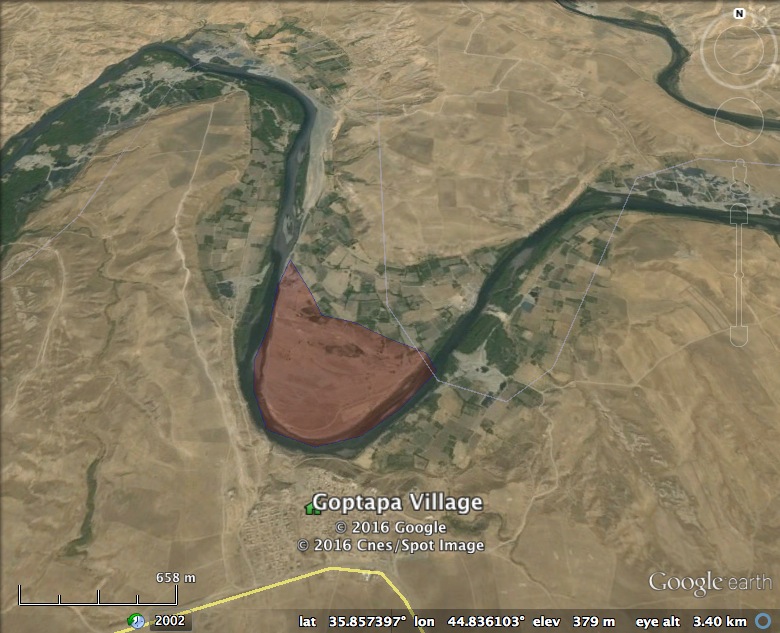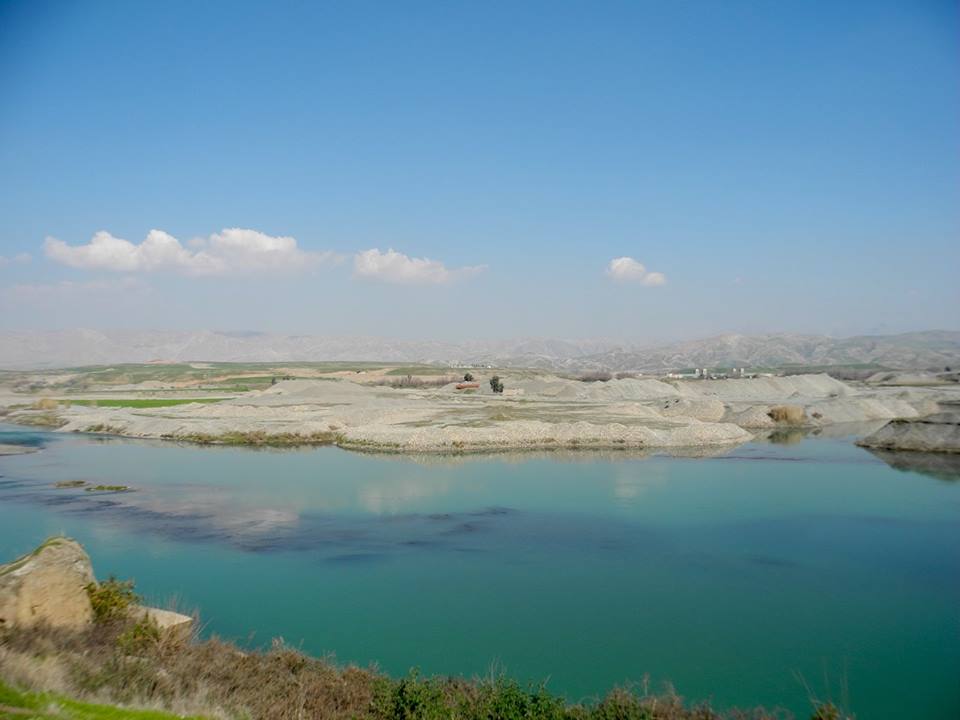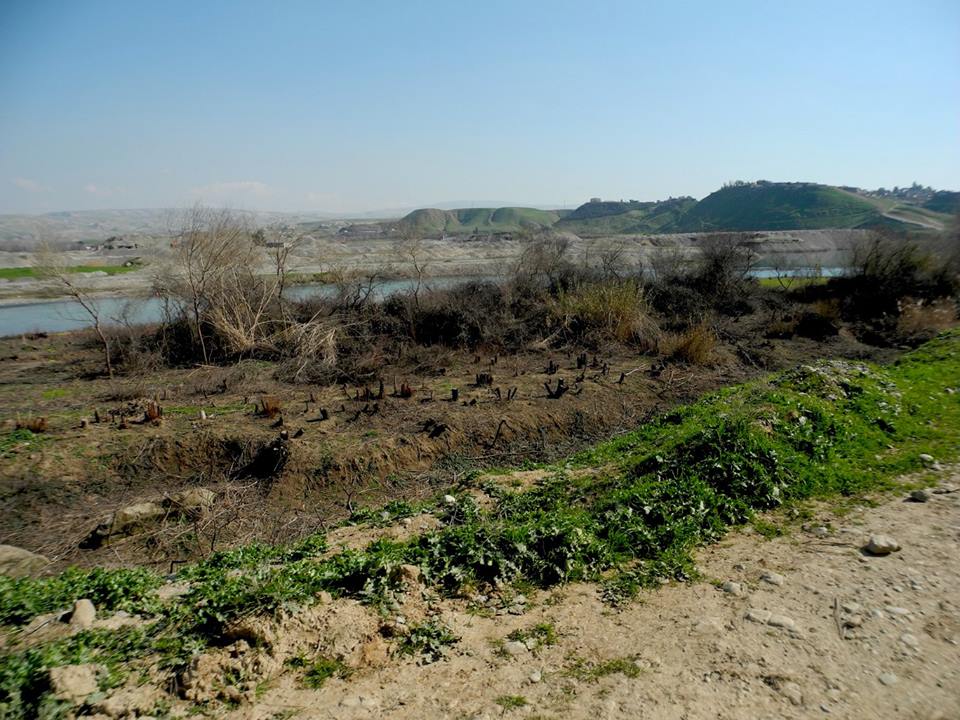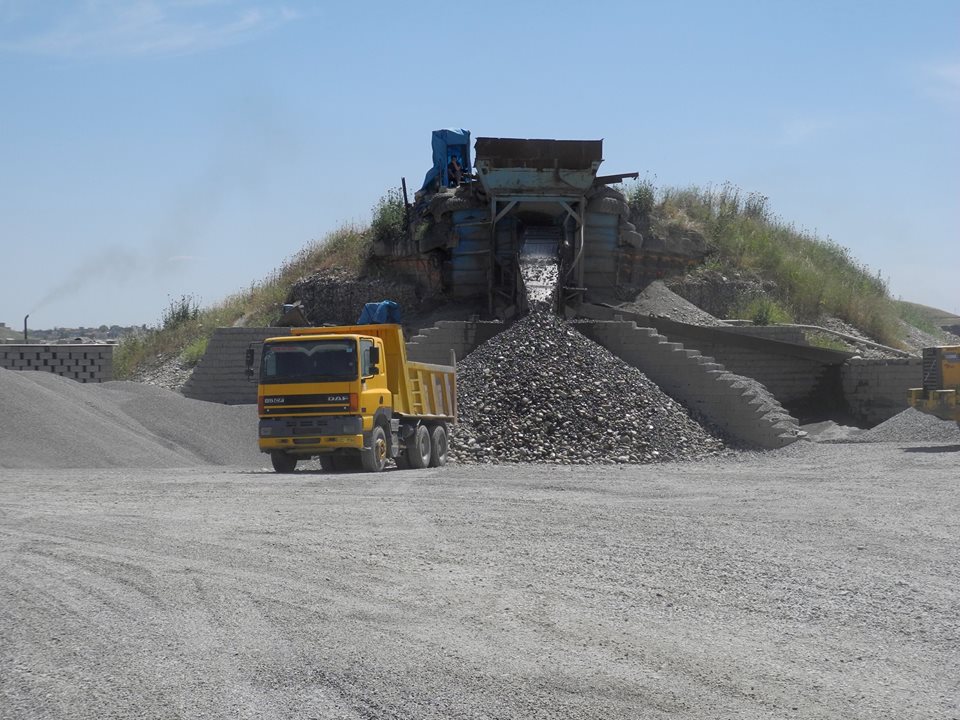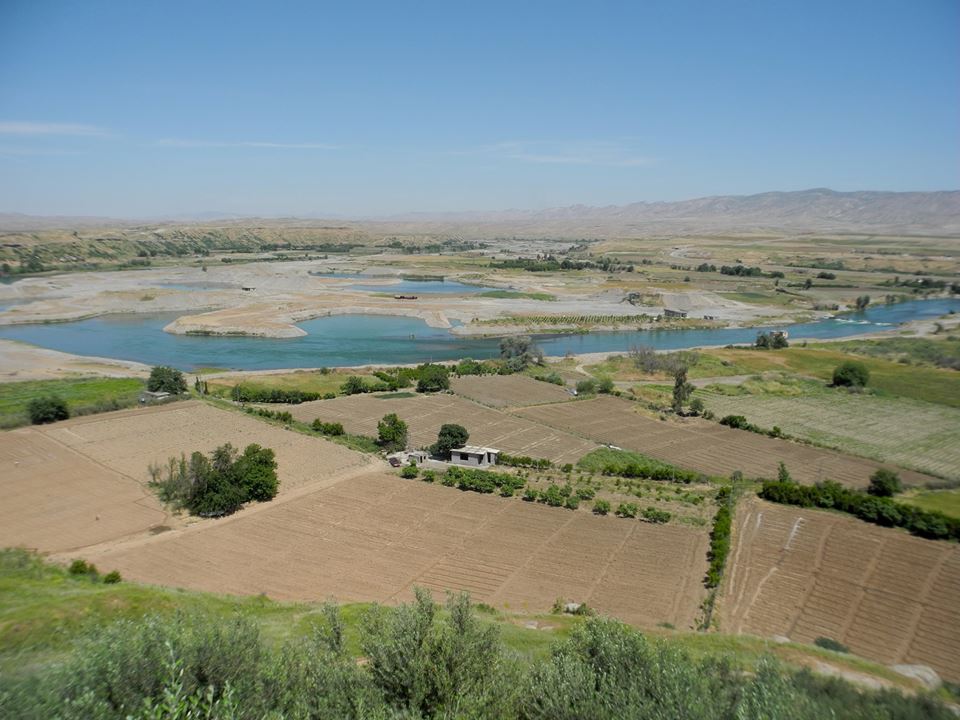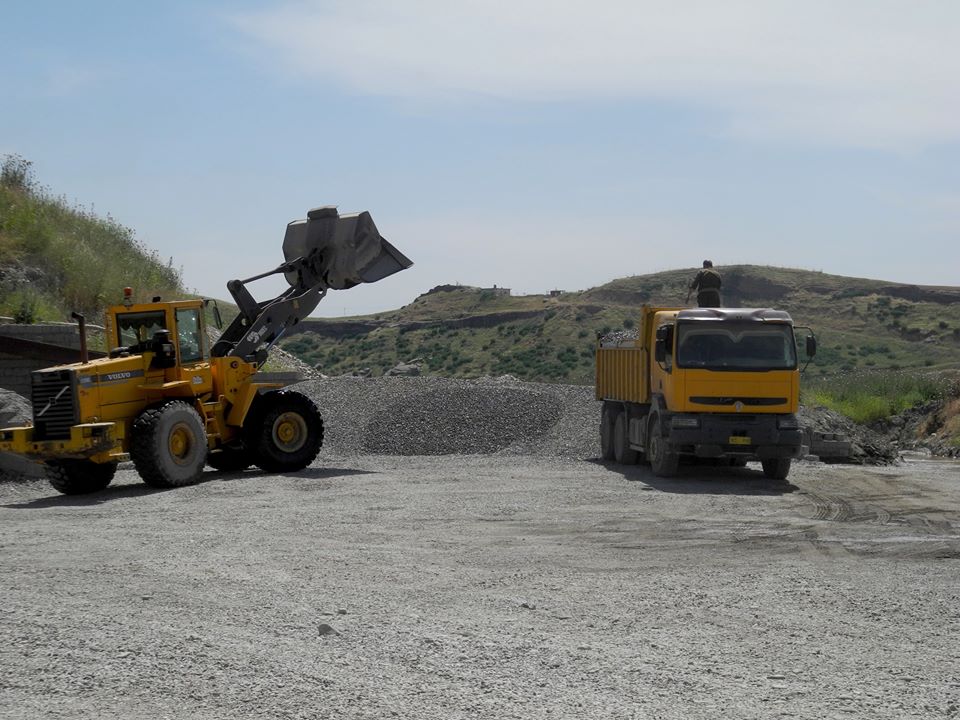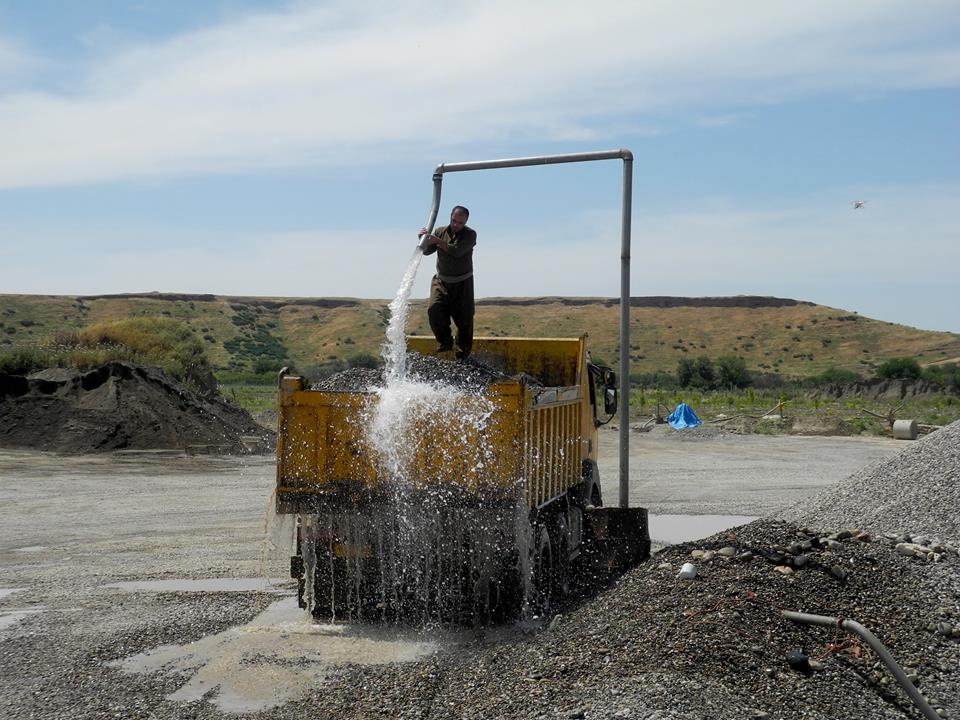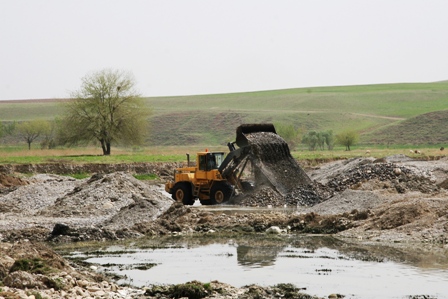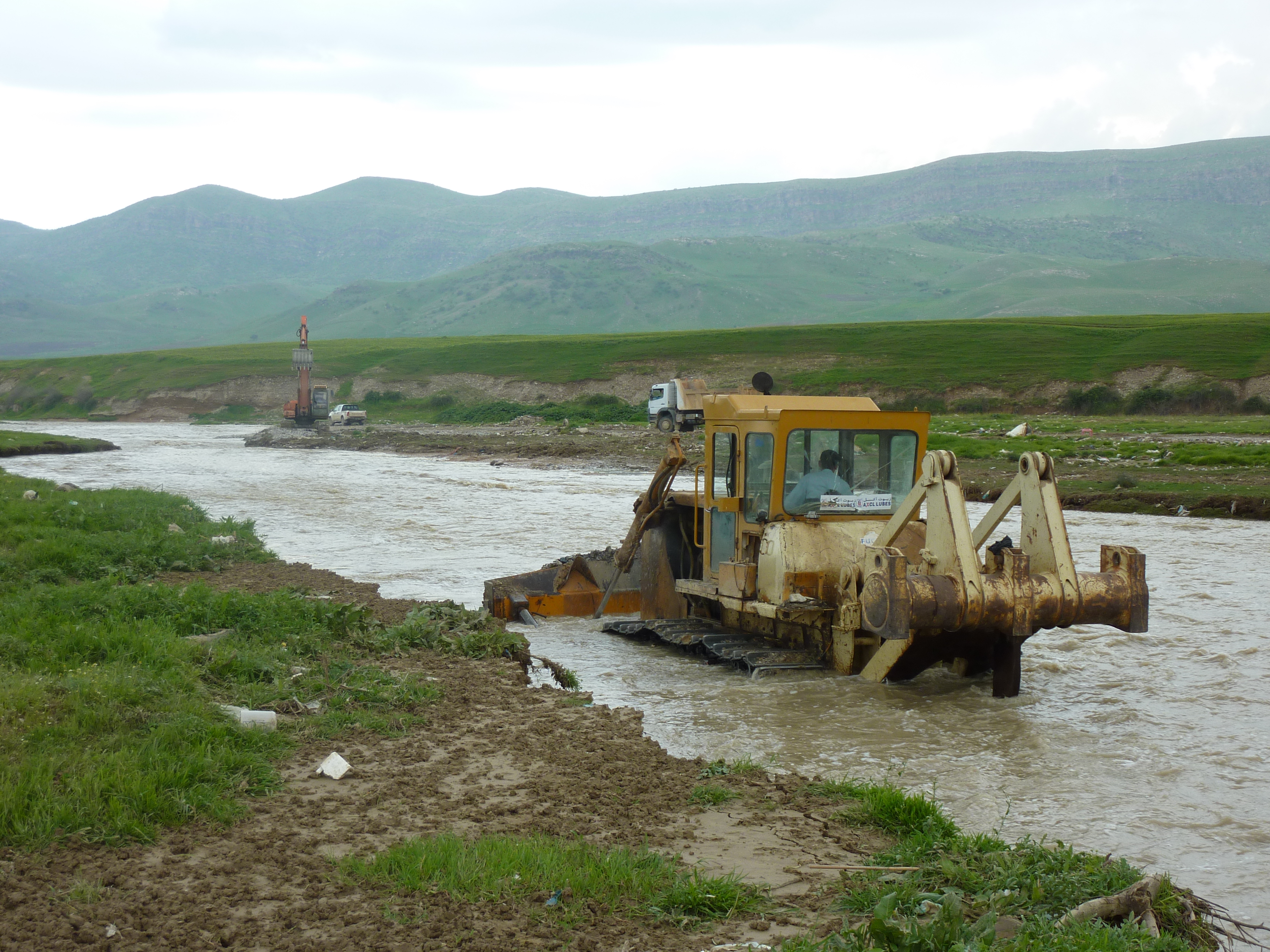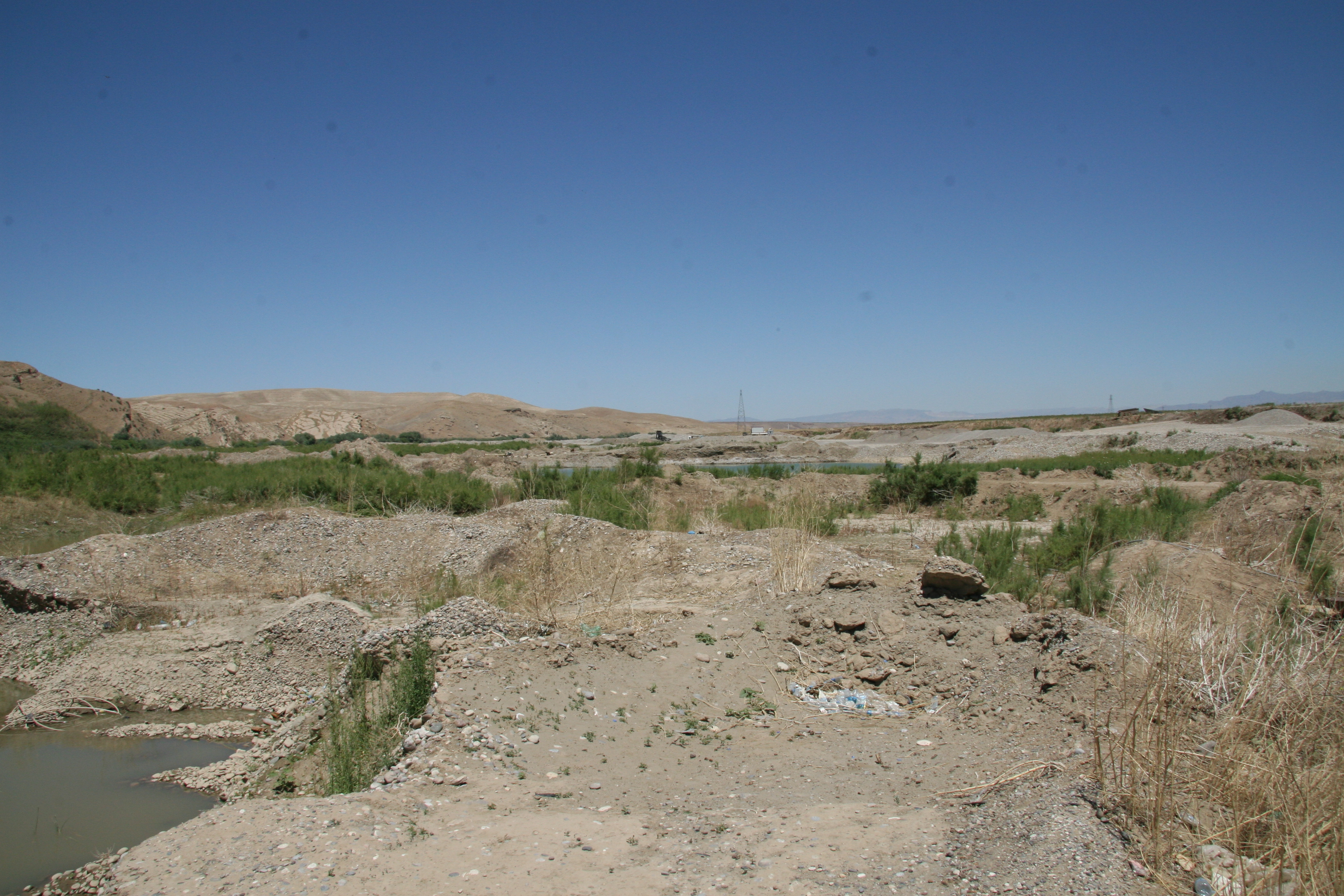Gravel Mining Case StudyGoptapa Gravel Mines This is actually many gravel mine sites in the area of a major bend in the Lesser Zab River just north of the Village of Goptapa at the border between Erbil & Sulaymaniyah Governorate in Kurdistan, northern Iraq. How is gravel mining done at this site?
Community Concerns People from Goptapa village are suffering from noise, air, water and soil pollution. Locals stated that you could fish, swim and drink the water, but this is impossible now. The river has changed, there are so many big gravel hills and deep trenches in the river that it is now dangerous to swim there; there are no fish because of the gravel mining, and farmers are struggling to continue because of mass gravel mining. Environmental Concerns The area where the mines are located used to be forested and full of wildlife. Animal, bird, fish and other organisms are heavily impacted in the gravel mining areas. A Odonata survey (a survey of adult dragonflies and damsel flies were are an important indicator of ecosystem health) found virtually none in the area of the mines. The river is impacted by increased sedimentation downstream affecting water quality for many kilometers and there is water, soil and air pollution from heavy machinery impacting the area as well. Other Concerns Agriculture has been on the decline in this area for some time due to a lack of government investment and cheap food imports from outside the country. Most people do not have secure livelihoods from farming. This is one of the reasons the land was sold off in the first place. Because local people are employed in the mines and few viable jobs exist in the area, care is needed to address the social and environmental impacts of gravel mining. Without proper planning, these sites could be just abandoned when pressure is applied to address the problems that have occurred and the sites would be left without proper restoration. Who can you talk with to address your concerns about gravel mining?
Links about this and related issues in Iraq: Gravel Mining Destroys our Rivers (Video) Sustainable Sand and Gravel Extraction (Example) Hungry Water: Effects of Dams and Gravel Mining on River Channels |
عربي كردي
|
- Home
- News
- Experience Wilderness
-
Projects
- Enki Talks
- Tanjero River Threat Assessment Assessment & Outreach Project
- Human and Environmental Security in Iraq in Covid Time
- Reconnecting With Our Life-Blood
- Water Data & Reports >
- Environmental Law and Advocacy Project
- River Watch
- Lesser Zab Threat Assessment & Action Planning
- Rawanduz River Kayak Expedition >
- River Ecosystem Health Project >
- Tigris River Flotilla
- Watershed Assessment for Threatened Fish in Halgurd-Sakran Park
- River Murals & Festival
- Mesopotamian Youth Project
- Outreach & Education >
- About

